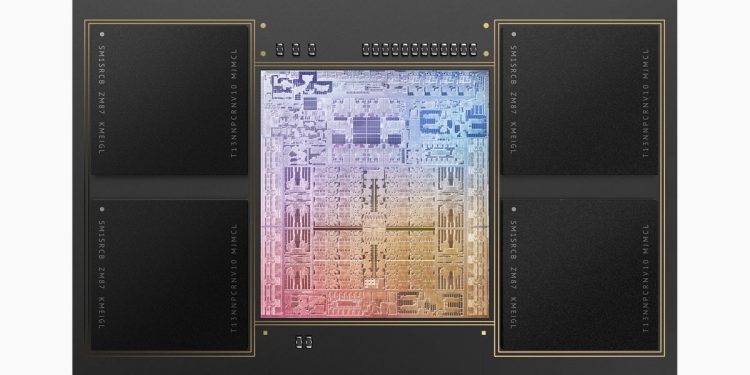I can’t help but imagine sighs of relief may be heard from Cupertino on the news Nvidia may abandon its attempt to acquire Apple’s strategically important supplier, Arm.
Competitive concerns put deal on ice
Nvidia has reportedly told partners it doesn’t expect the acquisition to go ahead. That said, both Nvidia and SoftBank appear to be pressing forward with the deal for the time being; Nvidia stands to lose $1.25 billion if it fails.
If the acquisition does fall through, SoftBank may instead issue an IPO of Arm shares — though both Arm and SoftBank argue that the company will be too weak to compete without major financial support.
Nvidia has been attempting to purchase Arm at a cost of around $40 billion, but the plan has upset regulators worldwide. They are concerned that the purchase puts Nvidia in position to harm competitors and hinder future technology development.
The UK Competition & Markets Authority (CMA) noted the importance of Arm to many in the industry, and warned that the merger would, “create incentives to change Arm’s business model and favor Nvidia.”
While Arm is UK-based, the UK isn’t the only nation to investigate the deal, which has also fallen afoul of regulators in Europe and has the US Federal Trade Commission (FTC) suing to prevent it from taking place.
Apple’s Arm connection goes back decades
Apple today uses Arm reference designs in the development of its world-beating processors, including the M-series Apple Silicon chips inside today’s Macs. These chips are of huge strategic importance to the company. They give Macs, iPhones, and iPads a real competitive edge.
Apple isn’t alone. Microsoft, Qualcomm, and others are all increasing their use of Arm processor designs, which means the small UK company has oversight into competitively sensitive information about all those firms. That’s yet another reason for Nvidia’s purchase attempt to fail.
In 2020, Apple apparently declined a chance to purchase Arm, which it helped found with Acorn and VLSI more than 20 years ago. I’ve little doubt that if Apple had agreed to the purchase, it would also have faced regulatory opposition as the acquisition would give it significant market power.
That is perhaps why it declined.
A regulatory and competitive nightmare
The company may remain shy about any attempt to purchase Arm today, but could conceivably scoop up a sizable shareholding in the company during an IPO. It might also be able to find some way to run Arm as an owned, but wholly independent, subsidiary — though even that could generate additional regulation. Most other potential acquirers face similar challenges.
What this means is that while there may be some relief in Cupertino that such a strategically important supplier now seems unlikely to end up in the hands of Nvidia, such relief will be tempered by fresh anxiety as to the future of the smaller firm.
Competitor Qualcomm has also said it would be willing to take a stake in Arm.
What can Apple do to help support Arm without taking too much control of the company, and how can it reassure competitors of continues discretion in how Arm might operate in future?
Problems need solutions
There’s a need to find some way forward. For many in the industry there is growing recognition that Arm must thrive, as its processor designs are becoming essential across the business.
Apple does have alternatives. Its silicon teams are certain to be exploring other processor architectures such as RISC-V.
And while it may (or may not) find it challenging to acquire Arm, it seems plausible Apple might explore other strategic investments to protect its hard-won processor advantage. Nvidia, meanwhile, is investing heavily in developing its own next-generation CPUs in Israel, where it holds several Nvidia research facilities.
It is interesting to note that Apple’s second largest R&D center is also based in Israel and focused on processor invention. The location was set up following Apple’s acquisition of Israeli start-up Anobit. Intel also has R&D teams based in the nation that is home to NSO Group.
Please follow me on Twitter, or join me in the AppleHolic’s bar & grill and Apple Discussions groups on MeWe.
Source by www.computerworld.com

